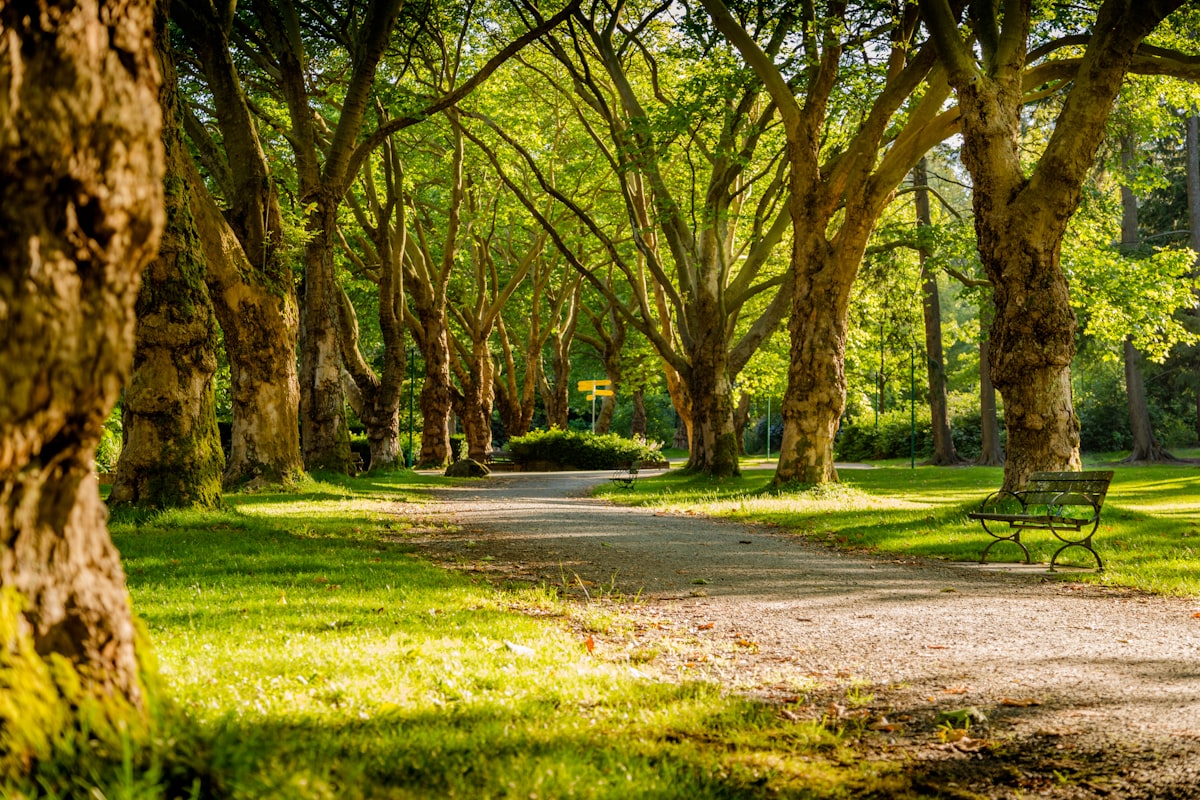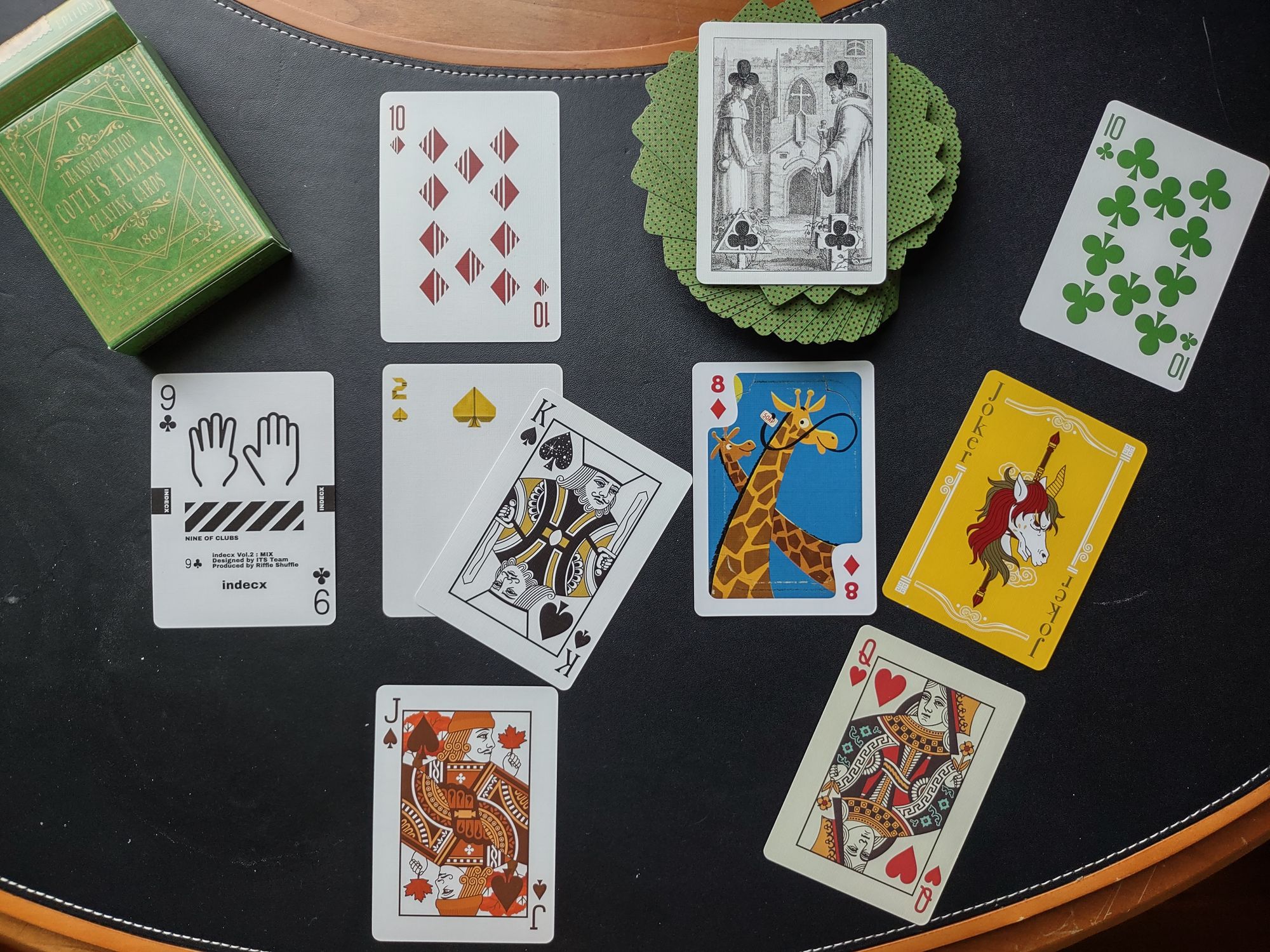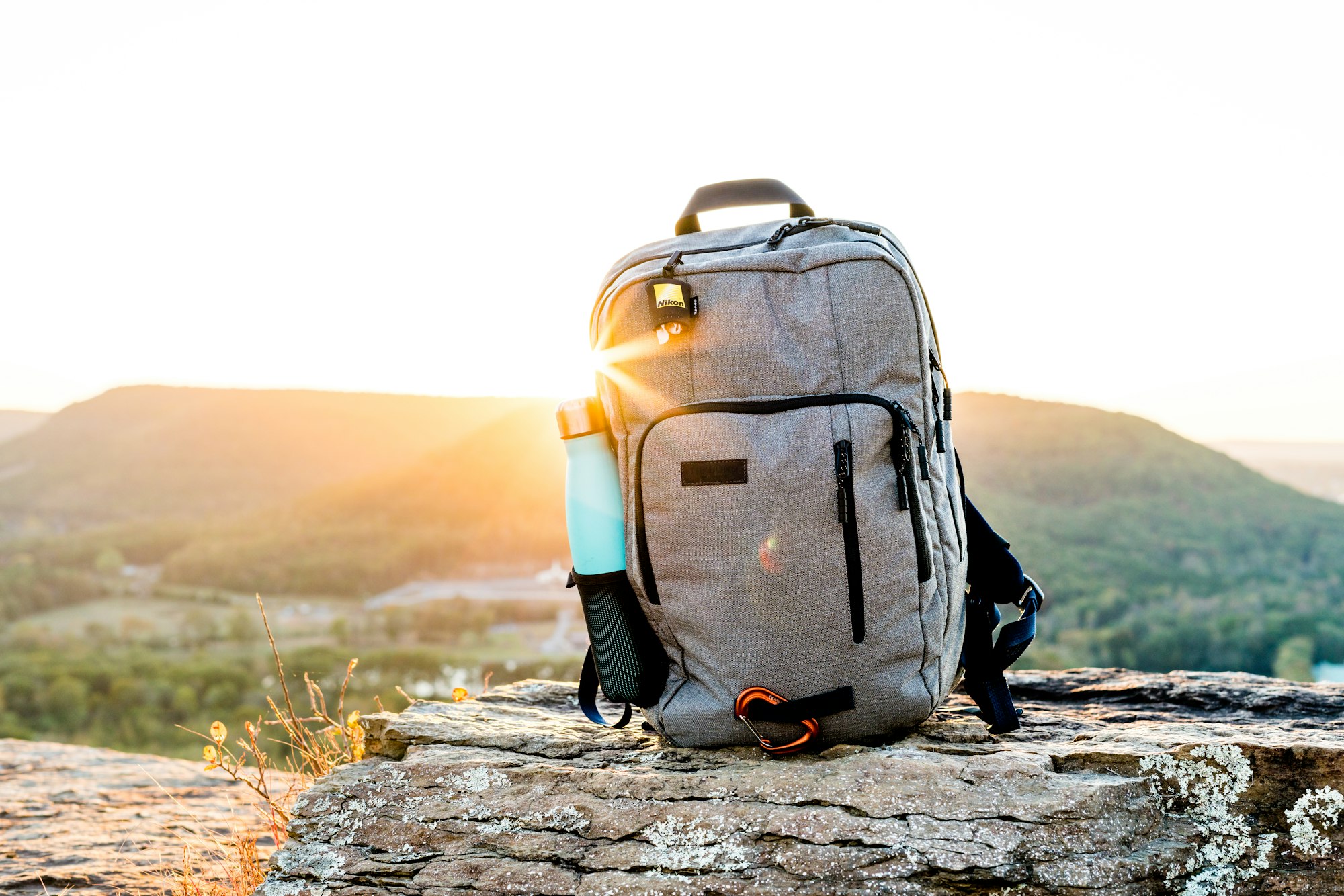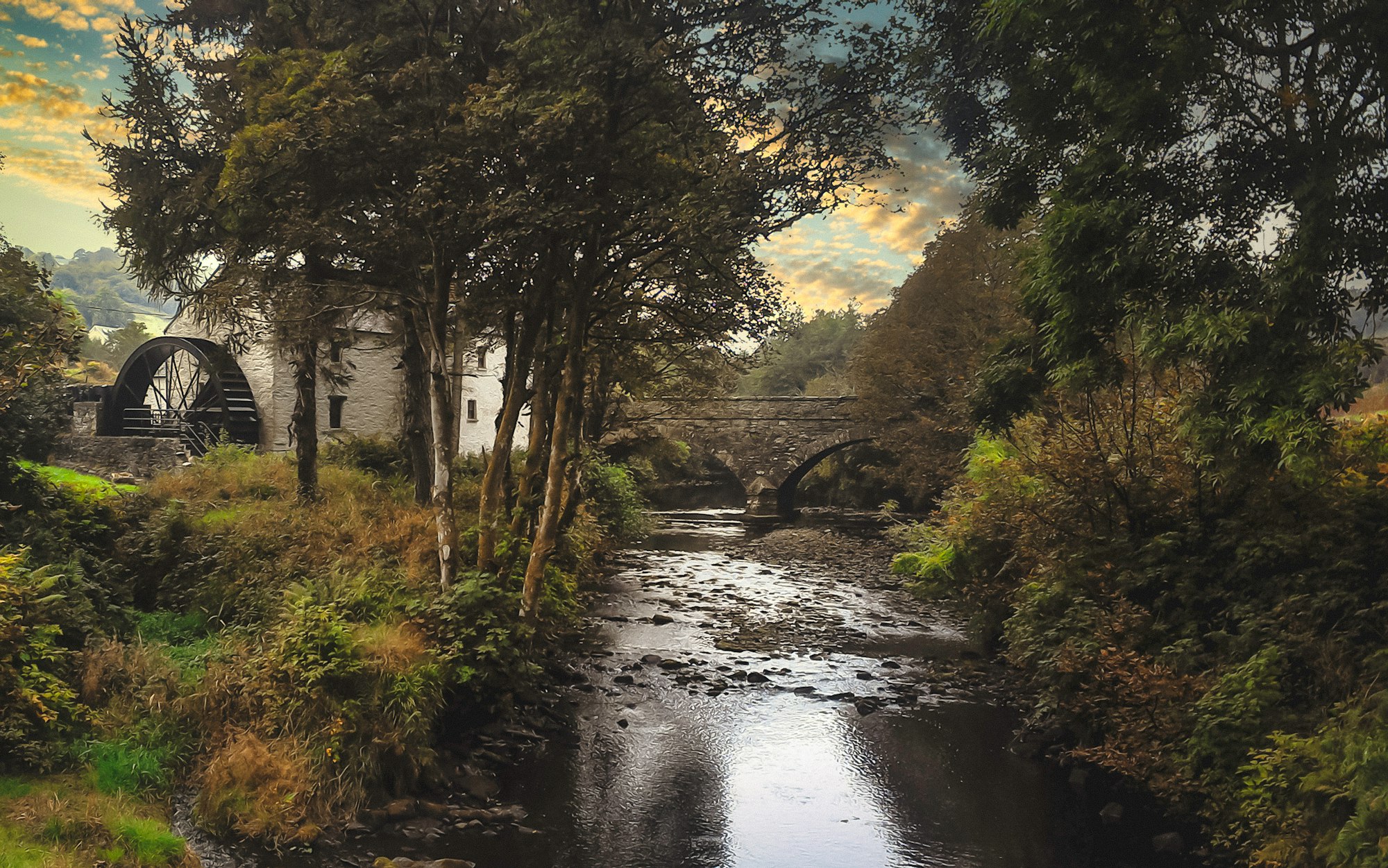X: Park
Exploring the planet's largest national park.

Good morning. Today is décadi, the 20th of Messidor, Year CCXXXI. We celebrate le parc, an open space for people and animals to use.
The largest park in the world is Greenland. Well, not all of it, but the vast north-eastern quadrant of what is also the world's largest (non-continental) island. The Northeast Greenland National Park covers nearly a million square kilometers and preserves valuable habitat for polar bears, arctic foxes, and nearly the entire planet's population of musk oxen. As of the last census 15 years ago, the permanent non-wild population of the park is 31 people and 110 dogs, for a population density so low, each resident theoretically has a nation-of-Belgium's worth of space in which to walk their three-and-a-half dogs.
The park was established in CLXXXII (1974), not long before Greenland was officially released from its status as a Danish colony and given a form of home rule similar to what Canada had under the British crown until its full independence in CXC (1982) (I always forget that Canada is younger than me). The local government expanded the park to its current size in CXCVI (1988), establishing more strict rules about land use, and in the process, finally killing off the one company that had historically exploited its resources.
The Nanuk East Greenland Fishing Company was established in CXXXVII (1929) to catch fish, which makes sense given that fishing is most of Greenland's economic activity, but due to their charter on the vast unpopulated glacial planes of the northeast, soon turned its attention to arctic fox hunting. Arctic fox fur was far more valuable than fish flesh, and there were no Inuit people in this region of the island to contend with.
Nanuk was mainly made up of Norwegians, although the company was chartered by Denmark. Nevertheless, this led to a legal dispute two years into the endeavor, as Norway started to wonder if, maybe, due to the amount of Norwegians running around shooting foxes and stuff, maybe they owned Greenland now? An international court ruled that Denmark still had sovereignty (in a complicated ruling, given that Norway and Denmark were part of the same nation only a century prior) as long as they established some sort of permanent military force to patrol the area and retain their interest.
So, the Sirius Dog Sled Patrol was founded, a dozen or so policemen with sleds and elite arctic military training who skiffed around the vast area on constant patrol, one of the harshest and loneliest military assignments imaginable. Sirius and Nanuk worked hand-in-hand for decades to build and maintain outposts, trade information, and rescue each other as needed.
During World War II, the Germans attempted several times to build weather stations on Greenland in secret in order to relay ice information to their Baltic naval fleet, but the Sirius Dog Sled Patrol was able to discover and destroy these, although one dogsledder was gunned down in the course of these actions, making Greenland's only casualty in the war.
But back to Nanuk. Arctic fox hunting had been banned in Sweden – the other major epicenter of the animal's population – in CXXXVI (1928), not coincidentally the year before Nanuk was founded to hunt the animals in Greenland. Arctic foxes remain extremely endangered, having only recently recovered from a population low of 30 to about 200 in the wilds of Sweden. The number of arctic foxes in Greenland is unknown, but probably around 10,000, about the same as the population in Alaska and a tenth of the number in Canada. All three areas banned arctic fox hunting in around CLX (1952), which crippled Nanuk's business. It lingered on as an actual fishing company for another few decades, but closed up shop when the national park overtook its base of operations.
Or did it? A group of volunteer Greenland enthusiasts from Denmark still operate in an unpaid manner to maintain and update the various buildings of the old Nanuk company, making a museum of some and simply saving them from being eyesores in others. They also restore and sail historic fishing vessels off the coast of the park.
This activity is encouraged by both Denmark and Greenland, who are keenly aware that they have to do something on the land to maintain their claim in international court. (The Sirius Dog Sled Patrol is still patrolling out there as well.) This is underlined by both US and Chinese interest in buying or simply using Greenland. There's a permanent US military base there since World War II that Denmark has gently and unsuccessfully tried to shove off the island over the years, and Chinese companies have been slowly buying land outside the national park in order to establish a presence.
Donald Trump's infamous blurted attempt to buy Greenland in CCXXVII (2019) was only the latest in a long series of overtures by the US to acquire the land. The first came from William Seward – who also famously bought Alaska from Russia – way back in LXXVI. Woodrow Wilson tried again in CXXIV (1916), but only ended up getting three Danish Caribbean islands – now known as the US Virgin Islands – and a formal assertion by Denmark on legal paper filed in a court that Greenland isn't for sale. Both Truman and Eisenhower also tried to buy the island, the latter for $10 million, for military reasons, but by then, Denmark had a lot of lawyers and dog sledders practiced in rebuffing foreign advances.
Today, the park serves as one of the main base of glacial studies on the effects of climate change, and is thus an invaluable international treasure. When you hear about revised sea level projections, those data are likely coming from the Northeast Greenland National Park. And the island is rapidly advancing toward true nationhood, establishing its own national language (kalaallisut) and simply searching for a path to economic independence before requesting political independence from Denmark.
For those reasons, Trump's offer to buy Greenland in order to break up the largest national park in the world for oil exploration was met with offense and laughter and a firm "no," but the island welcomed the establishment of a US embassy there to deepen trade ties. The position remains unfilled due to the requirement that the ambassador speak kalaallisut.
Today's card: 4 of clubs

Look, no joke, we got ourselves into quite a pickle last week and we've been powering through on sheer chutzpah and dumb luck. We're going to be leaning on our friends and acquaintances for help, and at the end, they're going to be a bit exhausted of us. But this is the time to pull in favors. Let's just keep in mind that we're going to have to pay it all back sometime soon. On to the next reading!



